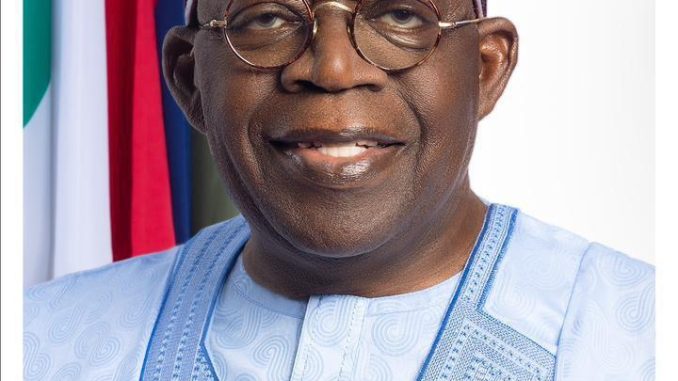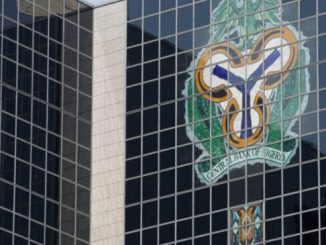
For transparency and accountability, President Bola Tinubu has ordered the Central Bank of Nigeria to take over the responsibility for crude oil sales from Nigerian National Petroleum Company Limited (NNPCL).
Under the new arrangement, NNPC will submit receipts for crude oil sales to CBN for vetting and documentation.
Source within the CBN confirmed the development to Western Post, saying receipts of payment for the oil sales will be forwarded to the apex bank with immediate effect.
NNPCL over the years has maintained sole control over crude oil sales, only rendering accounts to the Federal Government.
Many say this arrangement is opaque as it makes the NNPC the overall responsibility rendering whatever amount it wishes to FG for the crude oil sales.
This arrangement is no longer tenable amid declining oil revenue following lower oil production arising from crude theft and other sharp practices.
For instance, former Vice President and PDP Presidential Candidate in the last general election, Alhaji Atiku Abubakar, had recently raised a related issue, asking for details of crude oi that will be used to retire the recent $3.3 billion loan from the Afri-Exim Bank.
The new arrangement will block any gap in the crude oil sales and declared receipts.
CBN Governor, Mr. Olayemi Cardoso, last week stated that the collaboration with the Ministry of Finance and the NNPCL is to ensure that all foreign inflows are returned to the Central Bank.
“This coordinated effort will greatly enhance the Bank’s foreign exchange flows and contribute to the accretion of reserves,” he said.
Cardoso, who was delivering a keynote address at the launch of the Nigerian Economic Summit Group (NESG) “2024 Macroeconomic Outlook Report”, said, “The expected stability in the foreign exchange market for 2024 can be attributed to the reduction in petroleum product imports and the recent implementation of a market-determined exchange rate policy by the CBN.
“This reform is designed to streamline and unify multiple exchange rates, fostering transparency and reducing opportunities for arbitrage.
“The resulting consistent and stable exchange rate will not only boost investor confidence but also attract foreign investment, elevating Nigeria’s appeal to global investors.”
“We are implementing a comprehensive strategy to improve liquidity in our FX markets in the short, medium, and long term. Our focus is on addressing fundamental issues that have hindered the effective operation of our markets over the years.
“Upholding the integrity of financial markets is crucial for building confidence. With the completion of an independent forensic review, we are addressing the backlog of valid FX transactions and we remain steadfast in our commitment to decisively address any infractions and abuses,” he added.



